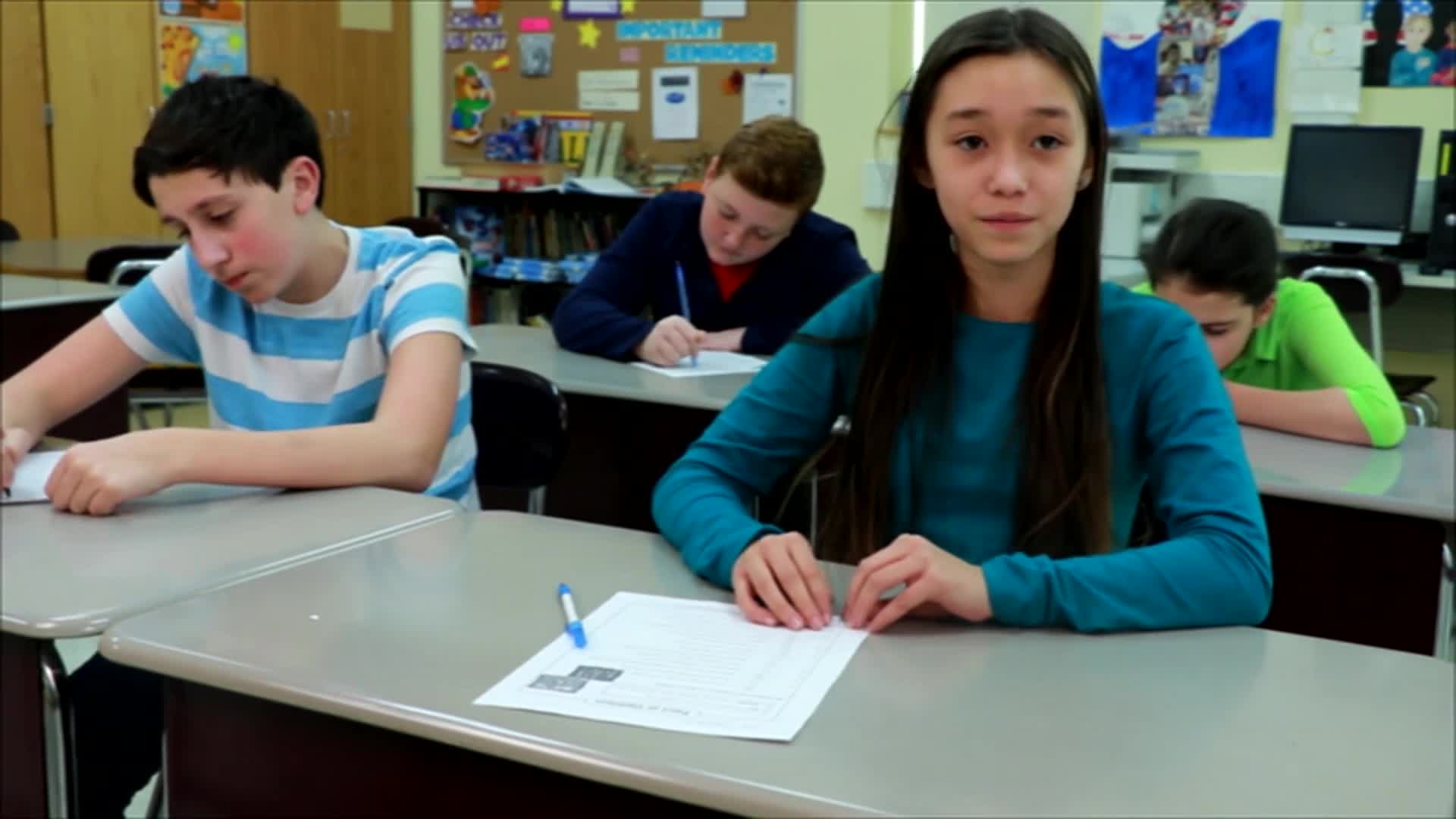Introduction
In special education, it is crucial to identify and address students’ unique needs. One key area is the development of target skills, such as asking for permission and waiting patiently. These skills are essential for fostering a positive learning environment and promoting students’ social interactions and wellbeing.
Understanding the Skill: Asking for Permission and Waiting
Asking for permission and waiting are important target skills that help students navigate social situations in the classroom. These skills enable students to respect boundaries, demonstrate self-control, and engage in appropriate communication with teachers and peers. By mastering these skills, students can improve their learning experience and overall wellbeing.
The Role of Specialists
Various specialists can support the development of the target skill in students. Speech-Language Pathologists can help students improve their communication skills to effectively ask for permission. Social Workers can offer guidance on appropriate social interactions and behaviors, including waiting patiently. Psychologists can provide strategies to manage impulsivity and foster self-control. Finally, School Counselors can help students develop coping mechanisms for dealing with frustration and anxiety when waiting for a response.
IEP Goals for Target Skill
Here are some specific SMART IEP goals for students to improve their target skill of asking for permission and waiting:
-
Goal 1: The student will demonstrate the ability to ask for permission in 8 out of 10 opportunities, as measured by teacher observation and documentation.
- Strategy: Role-play scenarios where students practice asking for permission.
- Activity: Use social stories to reinforce the concept of asking for permission.
-
Goal 2: The student will wait patiently for a response after asking for permission in 7 out of 10 opportunities, as measured by teacher observation and documentation.
- Strategy: Teach deep breathing exercises to help students manage anxiety while waiting.
- Activity: Implement a visual timer to help students understand the concept of waiting.
Implementing and Measuring Progress
To effectively implement these IEP goals, educators should collaborate with the specialists mentioned earlier. Regularly monitor students’ progress through observation, documentation, and data collection. Adjust strategies and activities as needed to ensure continued progress towards the target skill.
Conclusion
Developing and implementing effective IEP goals for target skills like asking for permission and waiting is essential for students’ success in special education. By working collaboratively with specialists and applying these goals, educators can make a significant impact on students’ learning, social interactions, and wellbeing. We encourage you to explore more resources and sample materials at Everyday Speech Sample Materials.






